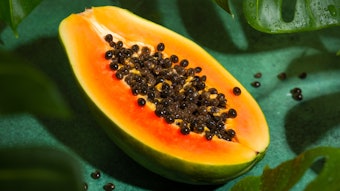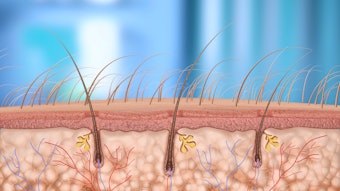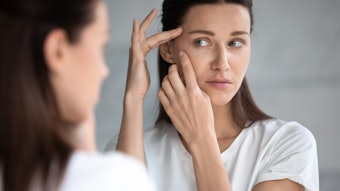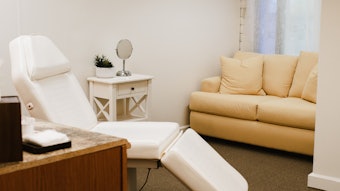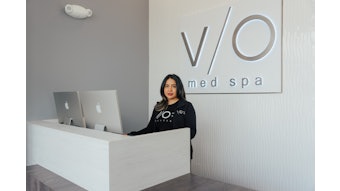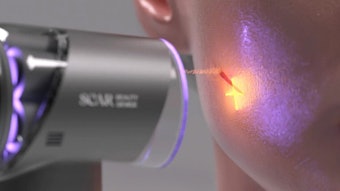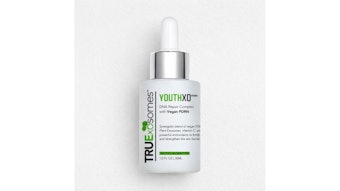Suneva Medical (www.sunevamedical.com), a privately held aesthetics company, has released the initial treatment results from its Pivotal acne scar study evaluating the safety and efficacy of it long-term dermal filler ArteFill to treat acne scars.
The randomized, double-blinded, multi-center, controlled study evaluated subjects to determine the safety and efficacy of ArteFill for the treatment of moderate-to-severe atrophic acne scars.
In order for subjects to be counted as responders, they had to exhibit a two-point improvement on a four-point Acne Scar Response Scale (ASRS) for at least half of the scars treated.
The study met its primary efficacy endpoint. Subjects treated with ArteFill demonstrated a statistically significant greater response rate relative to the control at six months, and as early as six weeks after treatment.
Secondary endpoints at six months included Physician Global Aesthetic Improvement Score (PGAIS) and the Subject Global Aesthetic Improvement Score (SGAIS) in which physicians and subjects saw statistically significant improvements in appearance in subjects treated with ArteFill relative to the control subjects at six months. Subjects were also asked to rate their satisfaction using a Subject Assessment of Scar Correction (SASC) scale and subjects treated with ArteFill demonstrated a statistically significant higher degree of satisfaction at six months relative to the controls.
Physician-recorded, treatment-related adverse events were rare, mild and all resolved. There were no statistically significant differences in adverse event rates between ArteFill and the control at six months. Furthermore, no Unanticipated Adverse Device Effects (UADE) or treatment-related Serious Adverse Events (SAE) occurred. Subjects will continue to be followed up to 12 months after the last treatment and full safety results will be available after that time.
The company notes that this study enrolled a substantial number of male subjects (40%). Additionally, 26% of subjects treated had Fitzpatrick skin type of V or VI, which is one of the largest percentages of darker skin types enrolled in any FDA filler study.
Suneva Medical Announces Results of Its Pivotal ArteFill Acne Scar Study
May 15th, 2013
